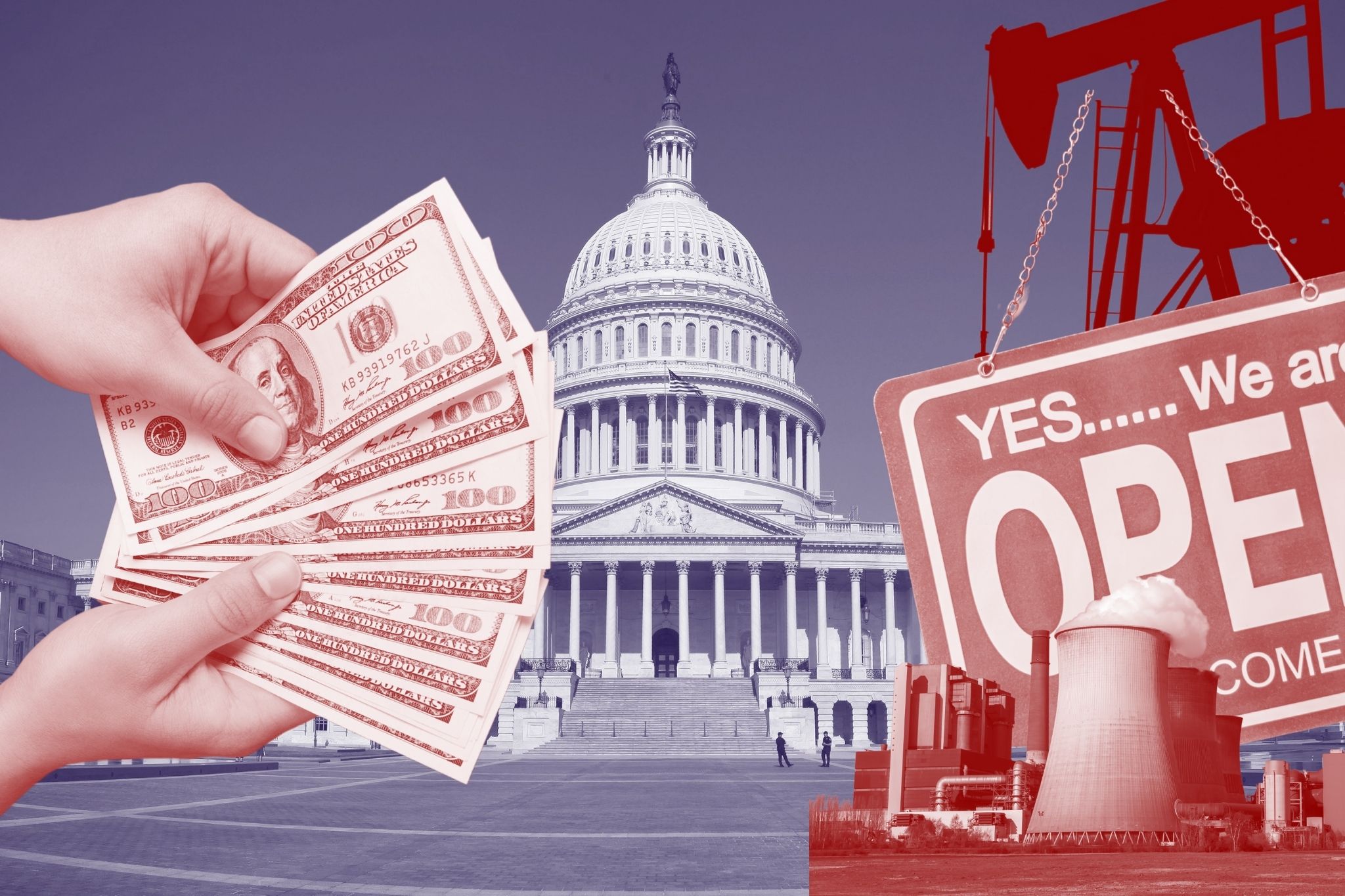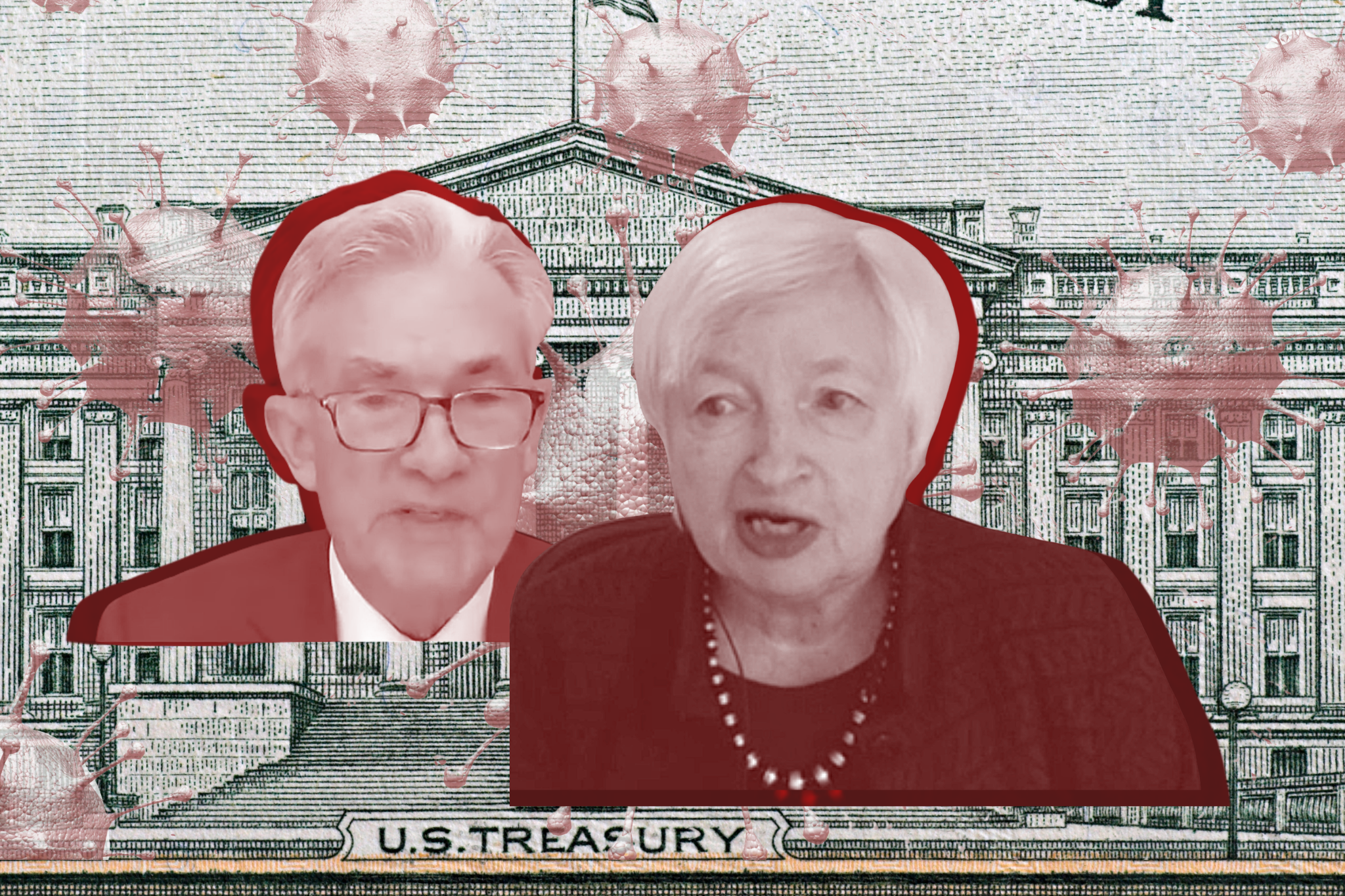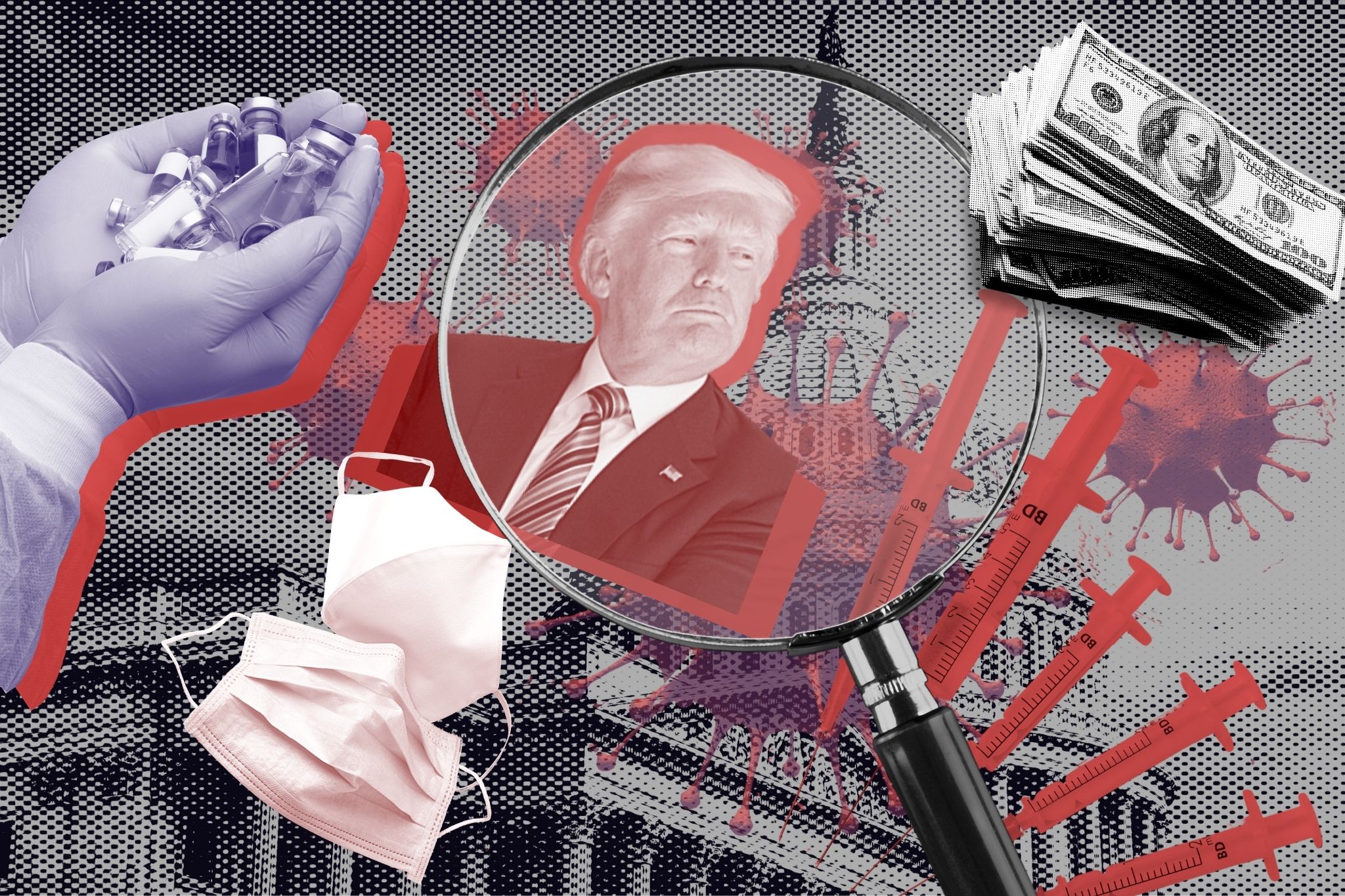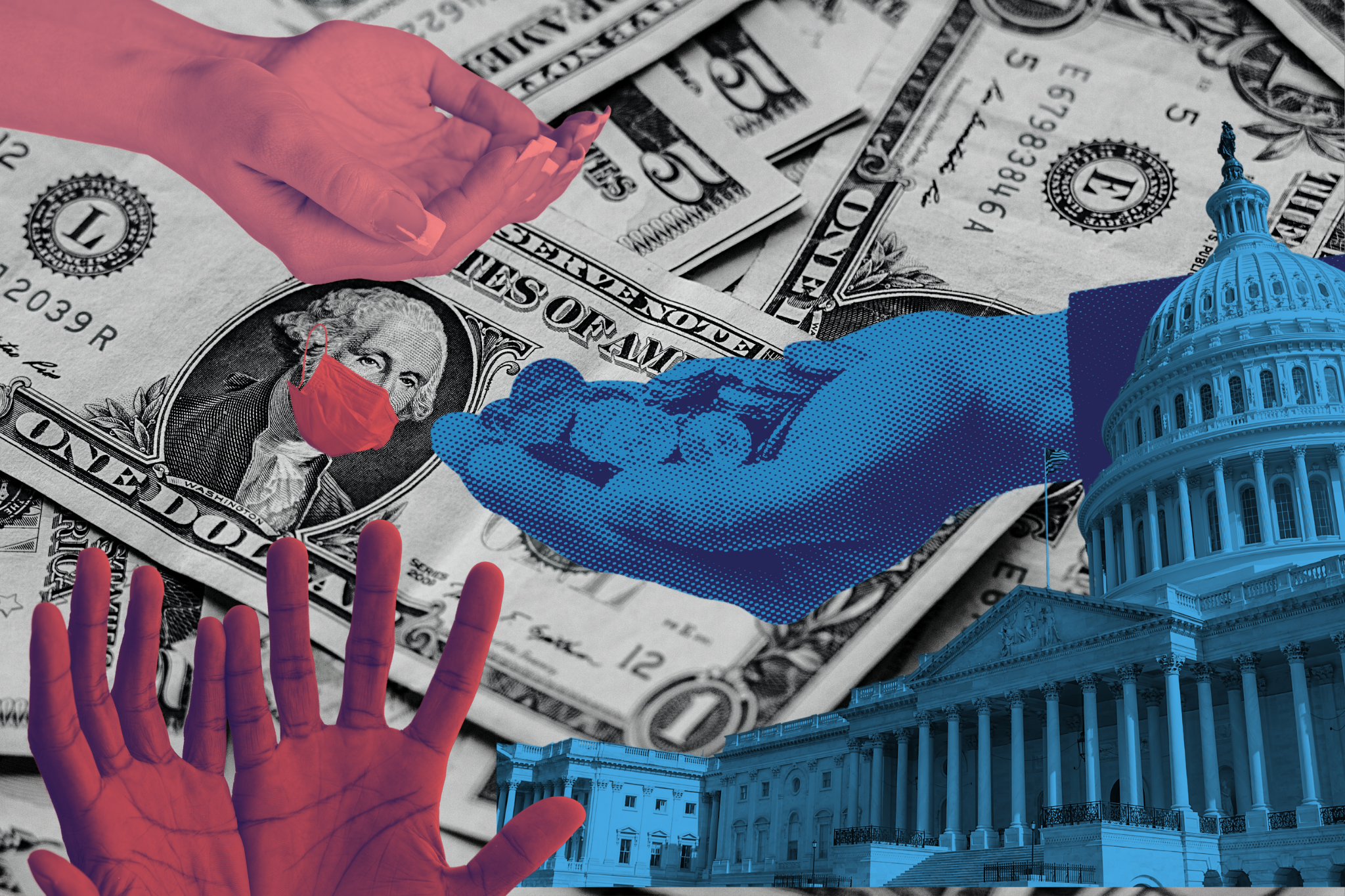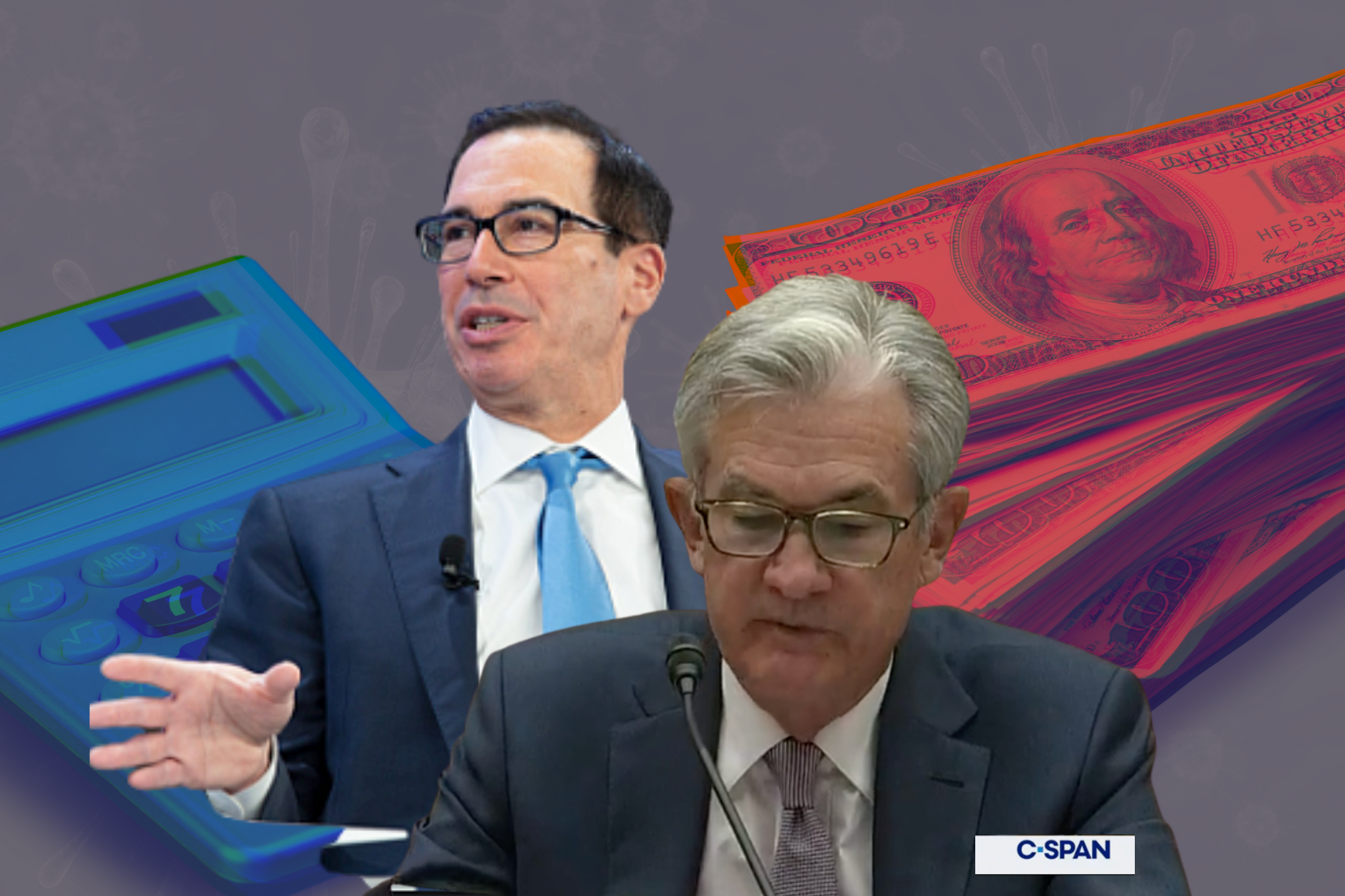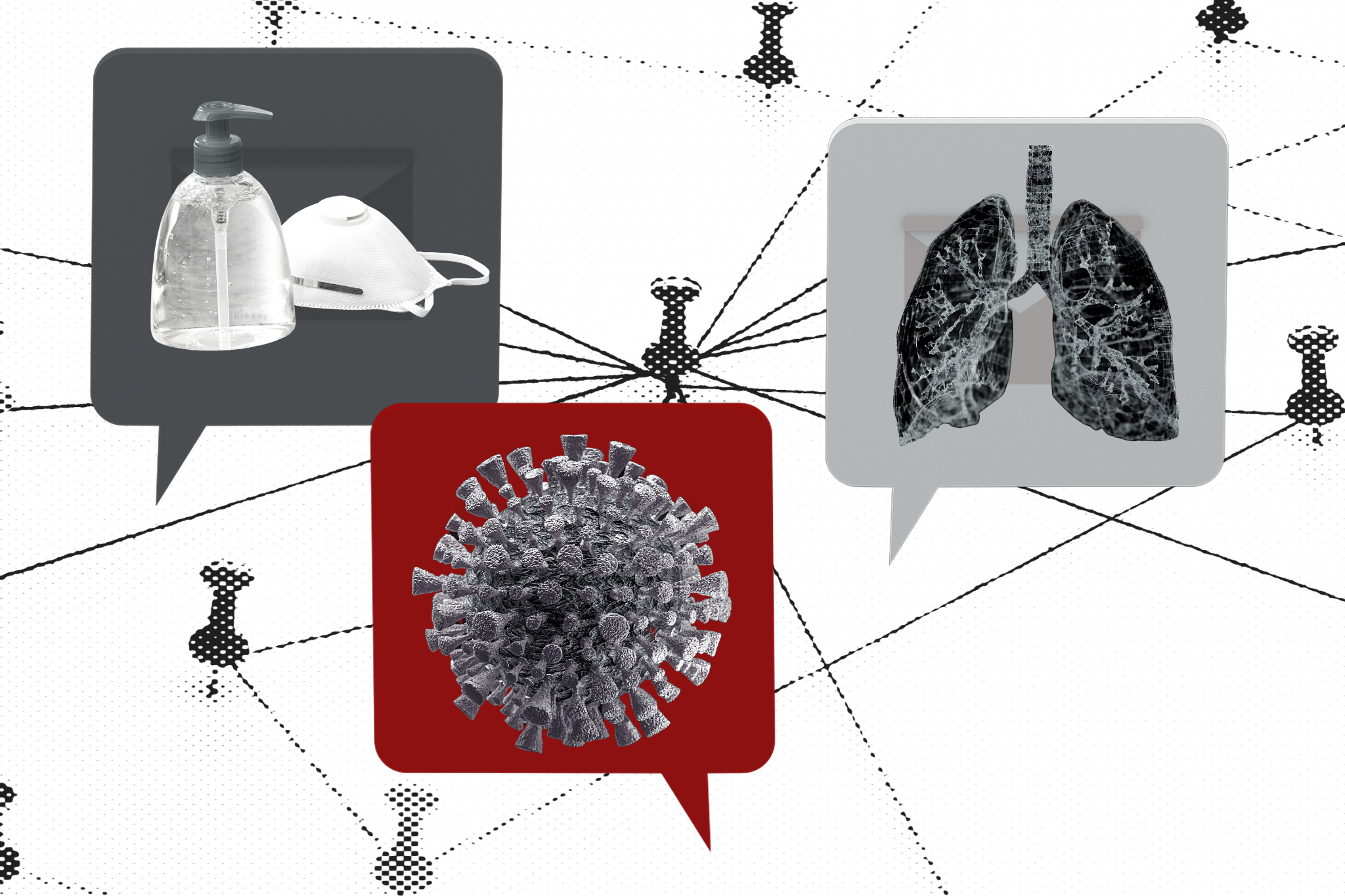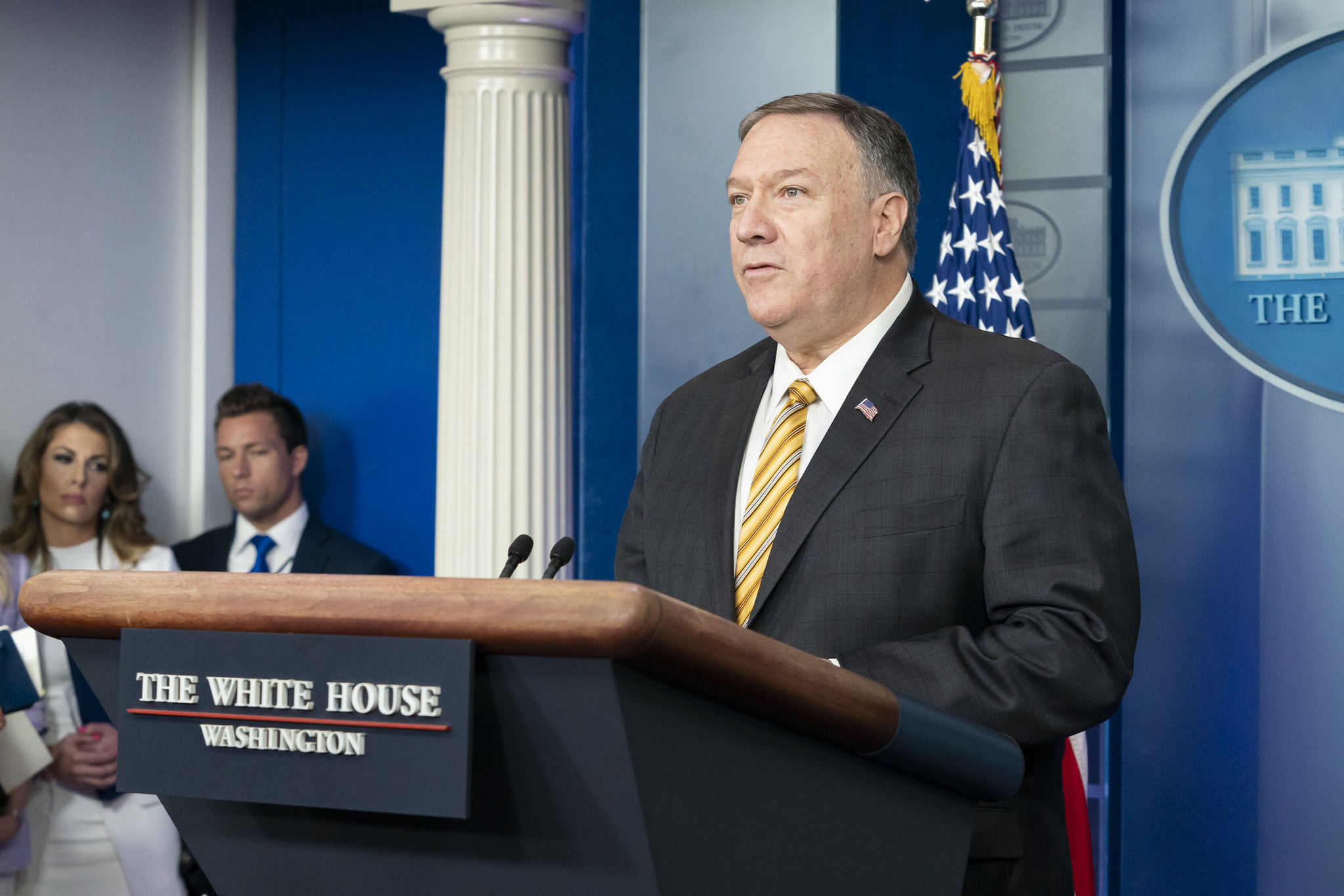
Covid Relief Funds and Loans: Where Has The Money Gone?
Congress has allocated trillions of dollars in direct assistance and loans to support the American people during the Covid-19 pandemic. Billions have gone to companies with histories of misconduct, to businesses that have continued laying off workers even as they rake in taxpayer dollars, and even to those connected to the president or his family. American Oversight is investigating the distribution of these relief funds.
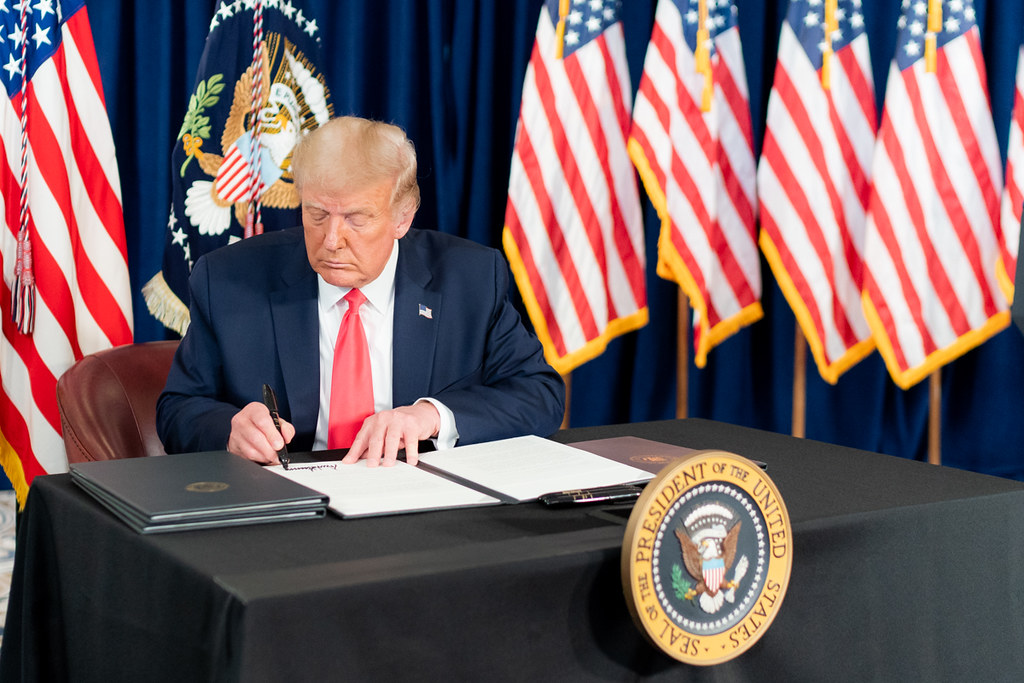
In March 2020, Congress passed the CARES Act, which appropriated $2 trillion in loans and grants to support government agencies, businesses, and individuals. But misallocation of funds and uneven assistance has raised concerns about who is — and isn’t — receiving this money.
A Washington Post investigation revealed in September that most of the $1 billion that Congress gave the Defense Department to build up the country’s medical supplies was actually used to buy military equipment, with millions redirected to shipbuilding giants, aircraft parts manufacturers, and uniform companies. Ten of these defense contractors also double-dipped in CARES Act funding, receiving Paycheck Protection Program loans in addition to Defense Department grants.
Also included in the CARES Act was the Paycheck Protection Program (PPP), which was designed to support small businesses with direct cash flow assistance. But the program’s flaws made it difficult for the vast majority of Black-owned businesses to qualify, with surveys showing that only 12 percent of Black- and Latino-owned businesses that applied for aid through the Small Business Administration received the aid they asked for. On the other hand, companies connected to former President Donald Trump’s family, business partners, and political donors have received millions in loans. Large companies have also received PPP loans intended for small businesses.
In one investigation, the House Select Subcommittee on the Coronavirus Crisis found more than 10,000 loans in which the borrower received more than one loan — totaling more than $1 billion — even though the CARES Act prohibited companies from receiving multiple loans. The investigation also revealed that nearly 1,000 loans went to companies that were either suspended from working with the government or had previously been flagged for performance or integrity issues.
Corporate watchdog group Good Jobs First found that 43,000 CARES Act aid recipients had been involved in corporate misconduct during the past decade. Past violations included Medicare and Medicaid billing fraud, violating overtime and minimum wage regulations, safety violations, and employment discrimination. These companies received $57 billion in grants and $91 billion in loans through the CARES Act.
Meanwhile, the SBA and the Treasury Department have criticism for potentially not properly vetting aid recipients. In July 2020, SBA Administrator Jovita Carranza claimed that her agency was “doing all it can to reduce the risk of fraud on the loan side.” But in August, after providing more than $160 billion in Economic Injury Disaster Loans, the SBA was reportedly scrambling to enact key anti-fraud controls. Internal emails also showed that many loan officers were untrained and had been approving loans to applicants who should not have received them.
The CARES Act also allocated funding to the Federal Reserve to establish lending institutions to support businesses and state governments. According to the Select Subcommittee on the Coronavirus Crisis, almost half of the 500 large companies whose bonds the Federal Reserve bought have been accused of illegal conduct in the last three years. And 140 of these companies collectively laid off more than 1 million workers since March, 95 of which paid dividends to their shareholders while letting workers go.
American Oversight is investigating the distribution of these relief funds. We’ve filed requests with the SBA, the Office of Management and Budget, and the Department of Health and Human Services seeking information about how relief packages are being implemented. We’ve also filed requests with multiple agencies, including the Treasury Department, for communications with the White House and Congress related to emergency relief funding. And we’re investigating the banking industry’s influence by seeking records of meetings between Wall Street executives and relevant administration officials.

